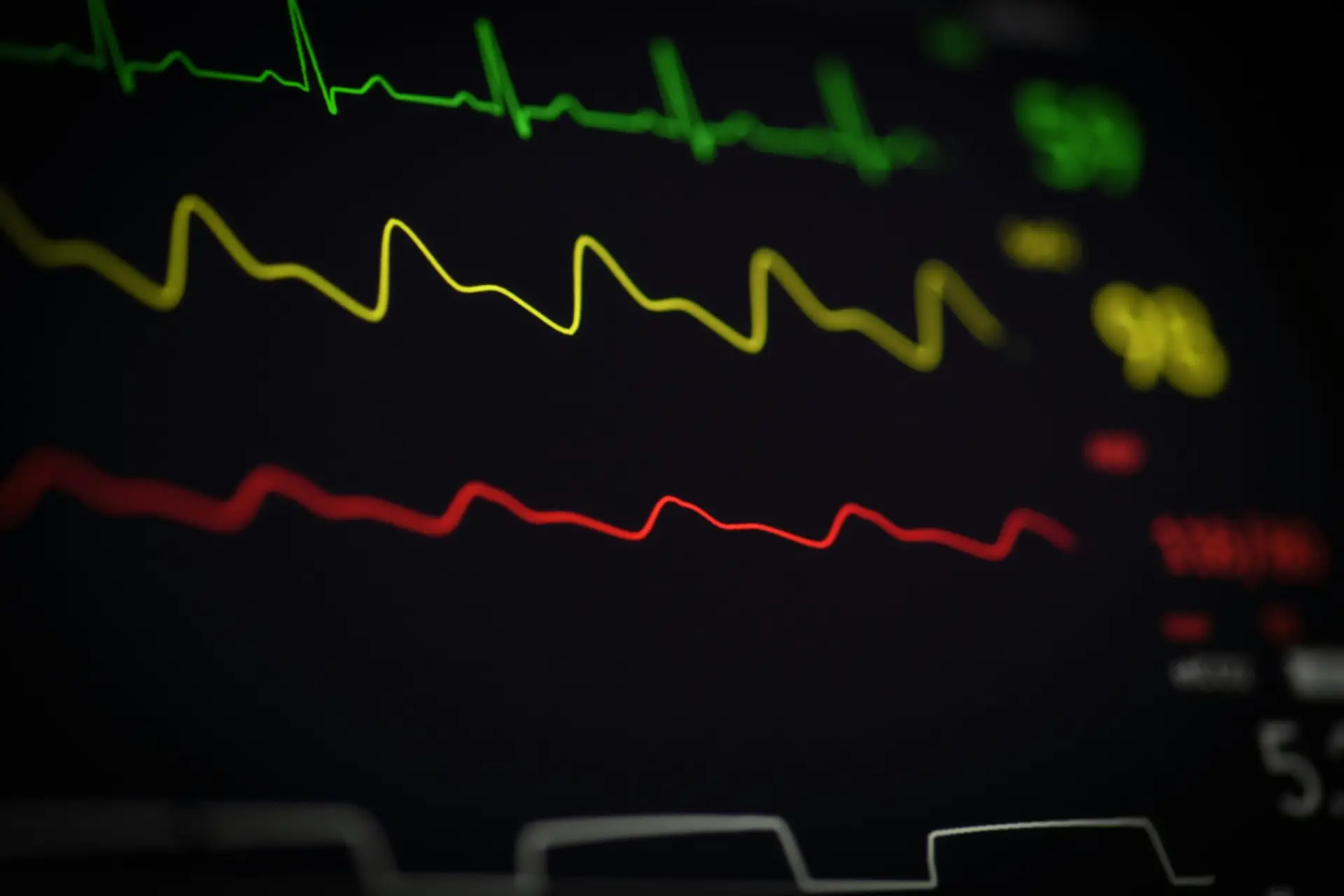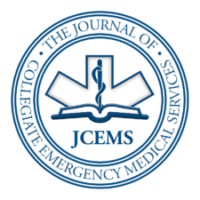Poster Presentation Abstract
Introduction: In 2016, EMTs from Tufts Emergency Medical Services (TEMS) noticed an under-preparedness amongst first-year students to handle minor illness and injury. The EMTs observed that first-year students often sought expensive and resource-intensive EMS and ED care for minor conditions that could be managed by either a general practitioner or themselves, demonstrating a limited understanding of the differences between emergency and non-emergency resources available to the Tufts community while putting an unnecessary – and potentially dangerous – strain on both university and municipal services. Multiple instances were also seen of first-year students’ requesting an ambulance for medical supplies (eg, thermometers or ice packs) with no intention of seeking definitive care, demonstrating students’ not having sufficient equipment for self-treatment. Program Development & Implementation: TEMS—alongside Tufts Health Promotion and Prevention—funded, created, and distributed first aid kits to all first-year students, which included personalized informational packets to address these two problematic observations. The project has since expanded to involve more of the first-year experience, including the implementation of an informational video that was developed and shown in Fall 2017 during first-year orientation. Program Evaluation: A survey was distributed to students of all class years, which demonstrated differences between students who did and did not receive a first aid kit surrounding attitudes toward the various medical services offered at Tufts. The survey also indicated differences in student’s reported help-seeking behavior. Additionally, a chart review was completed, demonstrating that a smaller portion of first-year students refused transport after evaluation compared to second-year students (13.7% vs. 25%, p<.05), possibly indicating a higher threshold for requesting EMS. Discussion/Conclusion: By providing first aid kits and information, collegiate EMS agencies are able to take a public health role within the communities they serve. TEMS hopes to continue this project by obtaining secure funding and constantly evaluating to ensure that students receive necessary supplies in the most cost and energy efficient way.








